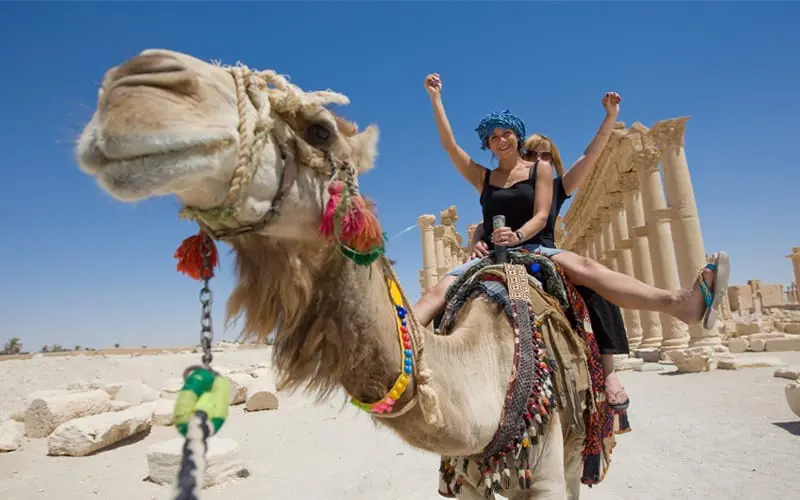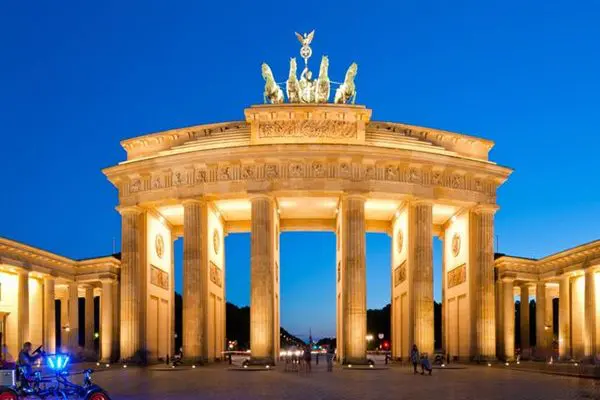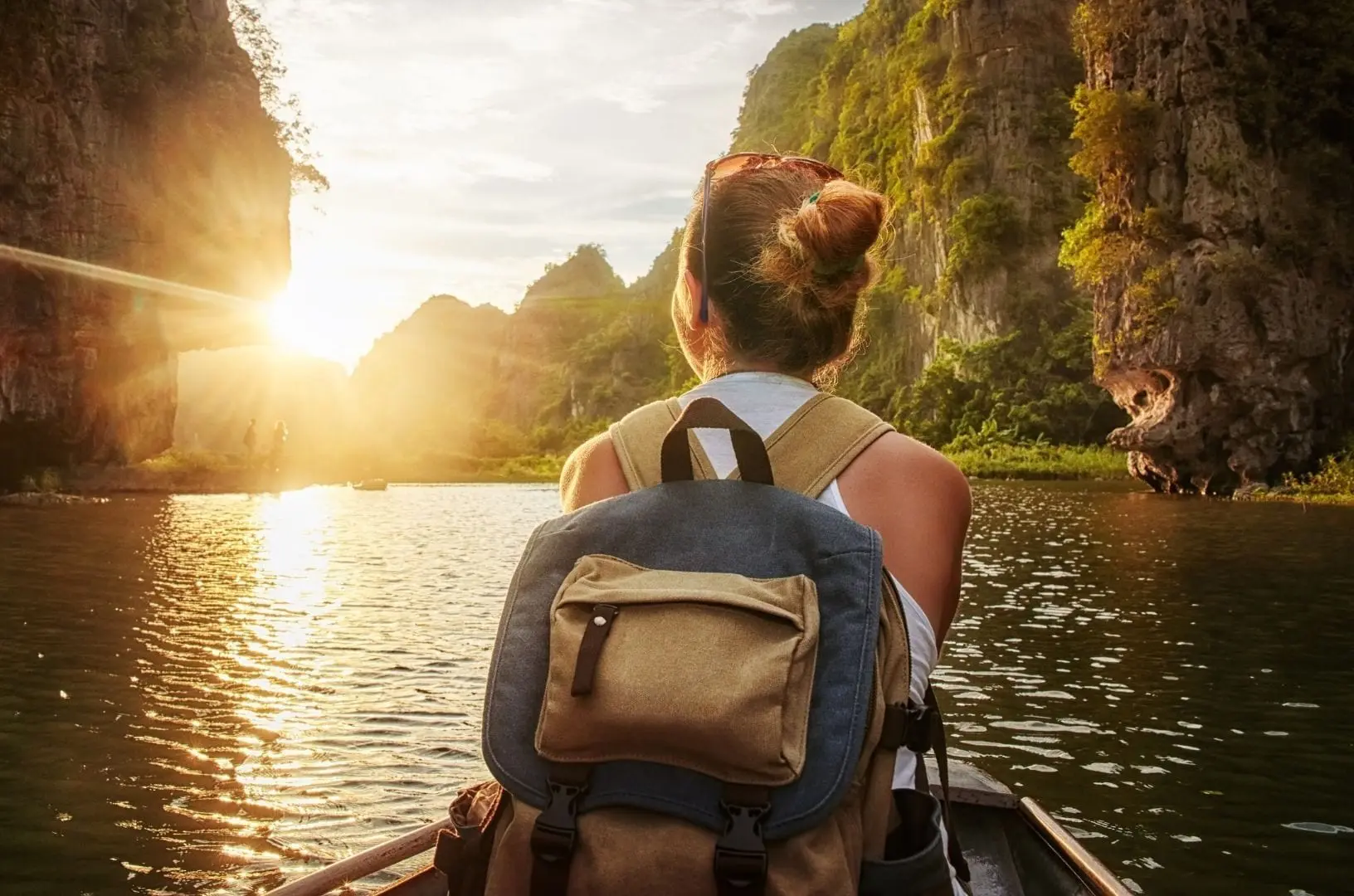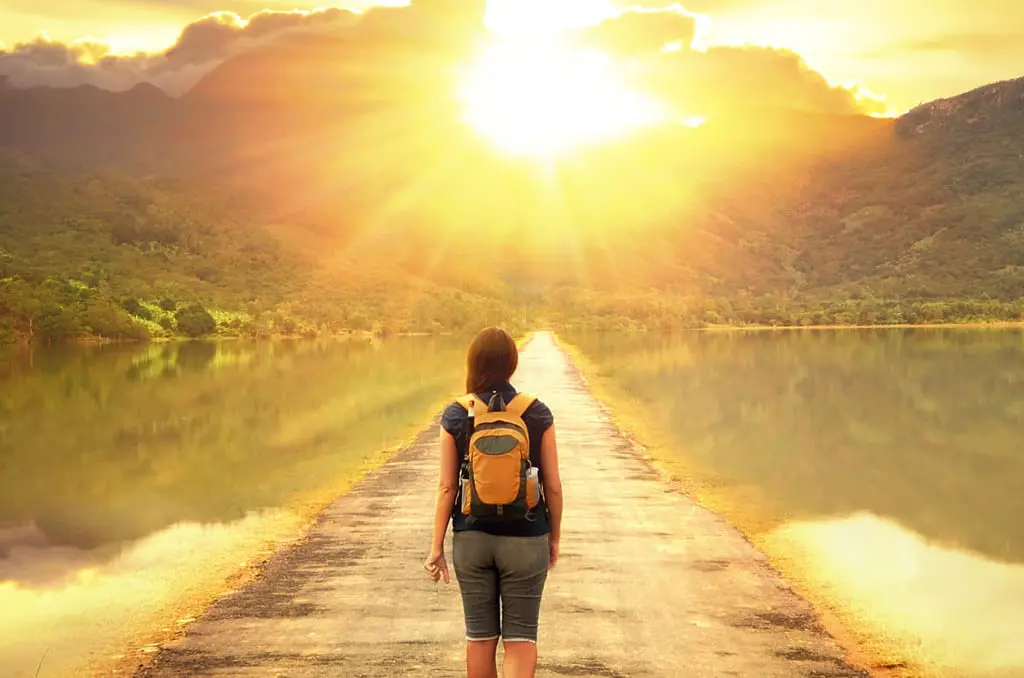Estimated reading time: 9 minutes
Hello travelers! Today I am here to provide you with a comprehensive guide of all the do’s and don’ts in Egypt for your upcoming trips. I’ve had the privilege of exploring Egypt’s ancient wonders, vibrant markets, and scenic landscapes several times so far. However, no matter how many times you visit a place, you always end up learning something new each time.
Every adventure comes with its own set of challenges. To help you make the most of your Egyptian journey, I will share some of my best Egypt travel insights and useful things to know before traveling to Egypt.

What are some common mistakes to avoid in Egypt?
1. Ignoring Local Customs and Etiquette
Well, every intrepid traveler knows that it is one of the biggest don’ts in Egypt. Egyptians are incredibly hospitable, but they have deep-rooted traditions. Dressing modestly is important, especially when visiting religious sites.
For women, cover your shoulders and knees are important and wearing a headscarf is advisable in mosques. Men should avoid wearing shorts in conservative areas. Public displays of affection are frowned upon, and it’s polite to greet people with a right-handed handshake.
Fellow LGBTQ+ travelers, one of the key mistakes to avoid in Egypt is not being aware of the country’s conservative attitudes and legal stance on LGBTQ+ issues. While Egypt is rich in history and culture, it is important to exercise discretion and avoid public displays of affection.
- Research LGBTQ+-friendly accommodations and venues, and consider connecting with local LGBTQ+ communities online for advice and support.
Dear female solo travelers in Egypt like myself, Choose accommodations in safe, well-reviewed areas and consider booking tours or activities with reputable companies.
- Always stay aware of your surroundings, especially in crowded places like markets and tourist sites. Traveling during the day and avoiding isolated areas at night can also help ensure a safe and enjoyable trip in Egypt.
Understanding and respecting these customs not only shows respect but also enhances your travel experience.
2. Drinking Tap Water

I learned quickly that Egypt’s tap water isn’t safe for tourists. Consuming it can lead to severe stomach issues, commonly referred to as “Pharaoh’s Revenge.” Always choose bottled water, which is widely available and inexpensive. Use bottled water for brushing your teeth and avoid ice in drinks unless you are sure it’s made from purified water.
Trust me, this is one of the crucial mistakes to avoid in Egypt if you want to stay healthy and enjoy your trip without any unpleasant interruptions.
3. Not Bargaining in Markets

Haggling is a cultural norm in Egypt, and not engaging in this practice can lead to overpaying for goods. Markets and bazaars, such as Cairo’s Khan El Khalili, are places where bargaining is expected. Start by offering half of the initial asking price and negotiate from there.
Remember to be polite and friendly, as haggling is a social interaction.
Enjoy the process, and don’t feel pressured to buy if the price isn’t right. Embracing this cultural practice can be a fun and rewarding part of your shopping experience.
4. Traveling Without Cash
While many places in urban centers accept credit cards, cash is still king in Egypt, especially in smaller towns and local markets.
ATMs are plentiful in cities, but it’s wise to carry enough Egyptian pounds (LE) with you, particularly for tipping, small purchases, and transportation. Make sure to break larger bills, as smaller denominations are more practical for everyday transactions.
Running out of cash in a cash-driven economy is another key mistake to avoid in Egypt, as many smaller vendors and service providers do not accept cards.
5. Overlooking Transportation Options

Egypt offers a variety of transportation options, and understanding them can significantly improve your travel experience. Taxis and ride-sharing services like Uber and Careem are popular in cities like Cairo and Alexandria. However, it’s essential to avoid unlicensed taxis to prevent being overcharged or encountering safety issues.
For intercity travel, trains and buses are convenient. The Egyptian National Railways offers a range of train services, including sleeper trains for long distances.
Domestic flights are also available and can save time when traveling between distant locations like Cairo and Luxor or Aswan.
Researching and choosing the most reliable and safe options can save you time and money.
6. Skipping Smaller Historical Sites

While the Pyramids of Giza and the temples of Luxor are must-sees, don’t overlook lesser-known sites like Saqqara, Dahshur, and Abu Simbel.
Saqqara is home to the Step Pyramid, the oldest pyramid in Egypt, and Dahshur boasts the Bent Pyramid and the Red Pyramid, which offer fascinating insights with fewer crowds.
Abu Simbel, near the Sudanese border, features stunning temples built by Ramses II and his queen Nefertari. Missing these gems is a mistake to avoid in Egypt, as they offer unique historical perspectives and often a more intimate experience with fewer tourists.
7. Underestimating the Heat
Egypt can get extremely hot, especially during the summer months from May to September. Temperatures in places like Luxor and Aswan can soar above 40°C (104°F).
Always carry a water bottle, wear a hat, and apply sunscreen regularly. Lightweight, breathable clothing is essential to stay comfortable. Plan outdoor activities for early mornings or late afternoons to avoid the peak heat of the day.
Not preparing for the heat is a mistake to avoid in Egypt if you want to stay comfortable and safe during your travels.
8. Not Tipping Properly

Tipping, known locally as baksheesh, is customary in Egypt and expected for many services. This includes restaurant staff, hotel porters, guides, drivers, and even restroom attendants.
Tipping amounts can vary, but as a general guideline, leave 10-15% of the bill in restaurants, and a few pounds for small services. Not tipping properly can be seen as rude and is a mistake to avoid in Egypt.
It’s always useful to keep small denominations handy for this purpose.
9. Forgetting to Pack Essentials

Packing the right essentials can make a significant difference in your comfort and enjoyment.
Essentials include sunscreen, a hat, comfortable walking shoes, and any necessary medications.
Egypt’s pharmacies might not carry the specific brands or products you’re used to, so it’s best to come prepared.
Also, consider bringing a portable charger, a travel adapter for your electronics, and a reusable water bottle with a filter. Forgetting these items can lead to unnecessary inconvenience and discomfort.
10. Ignoring Safety Advice

Finally, staying informed about the current safety situation in Egypt is crucial. While Egypt is generally safe for tourists, certain areas, particularly near the borders, can be unstable.
Always follow travel advisories from your government and listen to local advice.
Avoid large gatherings or protests, and be cautious when traveling at night. Registering with your embassy can also provide additional security and information.
Ignoring safety guidelines is a serious mistake to avoid in Egypt, as it ensures a safe and enjoyable trip.
FAQ about Mistakes to Avoid in Egypt
In Egypt, it is not acceptable to dress immodestly, especially at religious sites, with women expected to cover their shoulders and knees. Public displays of affection are frowned upon, and disrespecting local customs and religious practices is also unacceptable. LGBTQ+ individuals should exercise discretion due to conservative attitudes and legal restrictions.
In Egypt, it is considered disrespectful to dress immodestly, especially in religious and conservative areas. Public displays of affection are frowned upon, and it is important to show respect when visiting mosques and other religious sites, such as by removing your shoes and dressing appropriately. Disrespecting local customs and traditions, such as interrupting prayers or making loud noises during the call to prayer, is also seen as rude.
When traveling to Egypt, you cannot bring items such as drugs, firearms, pornographic materials, and drones without proper authorization. It is also advised to avoid bringing any items that might be considered offensive or against Islamic beliefs.
To avoid foodborne illnesses, steer clear of tap water, unpeeled fruits and vegetables, and street food that may not have been prepared under sanitary conditions. Dairy products that are not pasteurized and undercooked meats should also be avoided. Opt for bottled water and food from reputable restaurants.
Certain gestures are considered rude in Egypt, such as using the left hand to eat or pass objects, pointing the sole of your shoe at someone, or making the “thumbs down” sign. It is also impolite to point directly at people or objects and to beckon someone with your finger; instead, use your whole hand to gesture.
Recommended:
By being mindful of these common pitfalls, you can ensure your trip to Egypt is memorable for all the right reasons. Safe travels!
 Black Friday: 60% Off
Black Friday: 60% Off Croatia Sailing : Save up to 60%
Croatia Sailing : Save up to 60% Ski Bansko : 60% Off
Ski Bansko : 60% Off Central & Eastern Europe Tours: 60% Off
Central & Eastern Europe Tours: 60% Off  Why Travel Talk
Why Travel Talk Travel Talk Blog
Travel Talk Blog Responsible Travel
Responsible Travel Fair Travels with Travel Talk
Fair Travels with Travel Talk